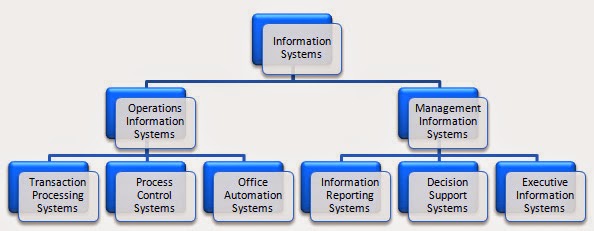The internet and the technologies of telecommunications in general have also created new ways for businesses to compete, and to extend themselves past once-insurmountable boundaries.
Among other uses, the Internet has allowed businesses to compete in:
Cost efficiencies mass customization extending themselves to global markets Marketing and sales have also been revolutionized, as information technology allows such phenomena as user-customized pricing, native language front-end displays and multi-currency e-commerce, with a centralized transactional database managing the complexity behind the scenes.
Social and workplace trends caused by business use of information technology include an increase of telecommuting and the prevalence of so-called “knowledge work”, where the intellectual and technical sophistication and specialized knowledge of workers becomes a valuable asset. Additionally, the facilitation of so-called “virtual organizations” consisting of key executive personnel and outsourcing of most operational business functions, as well as the spread of free-agency among highly-skilled IT specialists with project-based rather than organization-based loyalty, have occurred as a direct result of our adoption of information systems and telecommunications technology into the workplace.
There are also unique and problematic issues with IT in terms of its potential impact upon our notions of individual privacy, and the very real concerns of information security. Equally, the issues which began with the first industrial revolution have only been magnified.
Expert systems and sophisticated robotics, phenomenal data analysis capabilities, and other advantages which technology has facilitated, make concerns with automation an issue of major debate, threatening job security and even the nature of employment of “human capital”.
SOCIAL RESPONSIBILITY IN THE INFORMATION AGE:
The Social Responsibility in the Information Age track includes all aspects of social issues that are impacted by information technology affecting organizations and inter-organizational structures. This track provides an outlet for scholarship in the changes information resource management, information technology, and information systems have effected on society. The term “society” here refers to the world at large, nations, cultures within nations, and interaction among peoples.
The scholarship examines who is affected, why, how, and where, and what effects those changes make in society. The topics in the track are expected to be varied. This would include the conceptualization of specific social issues and their associated constructs, proposed designs and infrastructures, empirical validation of social models, and case studies illustrating socialization success and failures.
Precisely, Reflections following a new report from the Centre for Computing and Social Responsibility. “The computer revolution…is not merely technological and financial; it is fundamentally social and ethical” http://www.InfosDemocracy.com

No comments:
Post a Comment
Prince S. Eric John is an author and a well known expert in the direct response copywriting & digital marketing Industry, committed to teaching people real online and offline marketing strategies that drives traffic and generates sales!
Leave Your comment below and See how I can assist you with any request